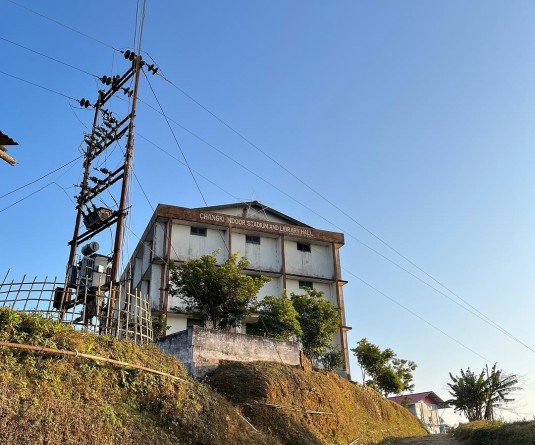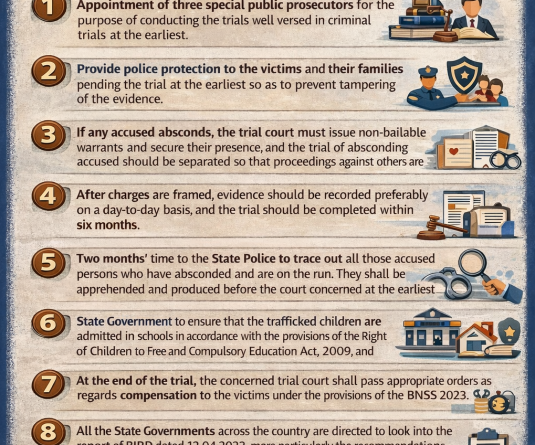While the issue of racism surfaces in India, it is essential to internally reflect on the causes and cures of racism in Nagaland as well.
Can Nagas constructively address issues of racial discrimination when we are not done with our past?
Vibi Yhokha
Kohima | March 4
T (name withheld) who has been residing in Nagaland for four years was beaten up without reason by some Naga youth. Asked if this was ever reported to the Police, he says, “What to do? We cannot do whatever we want on someone else’s land.”
“It is only when we differentiate that conflict arises,” says Dr. P Ngullie, Mental Health Professional, who is of the view that the tendency to feel better than the other is the root cause of discrimination and racism.
Long History of Struggle and Violence
The only reason non-locals like T cannot afford to report such incidents is because there is fear and it is a gamble for survival. However, the important issue that arises in the Naga society is how Nagas have developed such tendencies of discrimination and how do we stop it.
“We are not racist, neither are we violent. There are too many damaging memories to deal with,” says Kedo Peseyie, Pastor City Church, referring to the memories of the Naga struggle for independence, who feels that these stories remain fresh. Peseyie adds that Nagas have a strong tendency to protect their tribal identity, which is not wrong but a lot of times it has been channelized in the wrong direction leading to violence between tribes and races, instead of enhancing progress by prompting healthy competition.
“To be honest, it is the way we grew up because of the Naga struggle and the trauma we went through in the hands of the Indian Army, we have looked at any Indian/non-local as bad,” says Dr. Ngullie, further adding that Nagas cannot go on looking at every “non-local” as an enemy.
Many times, the damage and mental trauma passed on to the next generation is far worse than the generation which has actually experienced it, as student leader Zakie Khate says, “The anger and hate that we harbor is more dangerous than the ones who have actually encountered the real suffering.” Such chain of angry reactions that young Nagas today harbor even without experiencing the real trauma has led to hatred and violence and needs immediate redress.
How do we stop racism or discrimination in Nagaland?
Kedo Peseyie refers to two foundational Christian doctrines that the Naga society can follow to stop discrimination. First is the concept of “original sin” which puts people in the same category. “Because of sin, we are what we are. No race is worse than the other. We are all in the same boat. There is absolutely no moral or intellectual reason to support racism,” says Kedo. Second, is the fact that everyone is created in the image of God. A Hindu or a Muslim does not appear lesser or hold lower dignity in the image of God than a Christian. All possess equal dignity and deserve equal respect. These two doctrines, according to Kedo Peseyie, are the essence of Apostle Paul’s most countercultural statement: There is no longer Jew of Greek, male or female, slave or free, but all are one.“Try living Paul’s idea, and people from your own tribe will call you a traitor,” he adds, however.
Dr. Ngullie suggests two points from the Truth and Reconciliation Commission (TRC) introduced by Bishop Desmond Tutu –confronting the truth and seeking forgiveness in the midst of severe human rights violation committed during apartheid in South Africa. Second, is the Journey of Conscience. In the year 2000, the Naga Peoples’ Movement for Human Rights (NPMHR) took a courageous step to traverse the Journey of Conscience where it, along with other civil society groups, visited parts of the Naga homeland and listened to the sufferings Nagas went through. The journey took them to New Delhi as well to share the Naga story with the people of India. The Naga delegation also visited Rajghat, New Delhi, as a gesture of beginning the process of healing and asked for forgiveness from the Indians whose sons and brothers were killed by Nagas. “A lot of wounding has been done to the Nagas. Our wounds have not healed yet. And we are wounding each other in the process,” says Dr. Ngullie.
Because there are so many wounds left unhealed, which is creating a chain of internal and external wounding, to something as extreme as racism, and so that non-locals like T do not have to live in Nagaland as silent sufferers, Nagas need a kind of restorative justice like the TRC or starting another Journey of Conscience. As Kedo Peseyie puts it, “They say time can heal, but history is written, and even after 100 years they can instigate hate again. I believe only forgiveness can heal. We need to remember history rightly from the perspective of forgiveness.”






